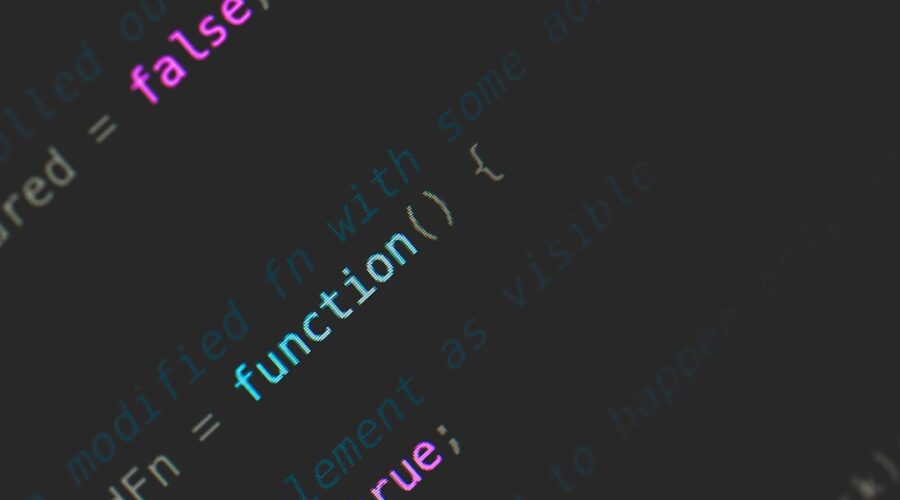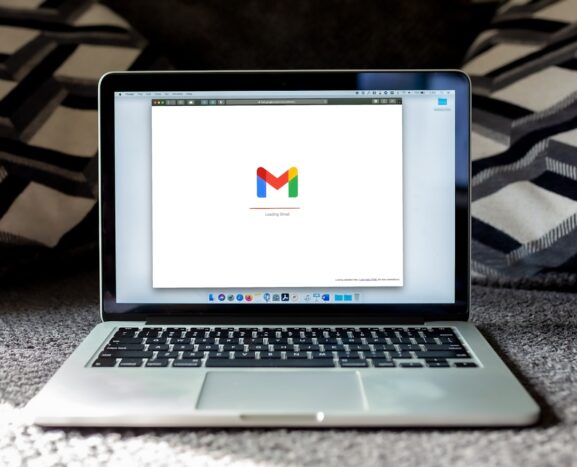OpenAI launches voice cloning program and warns of potential risks in election year
OpenAI, a company working in artificial intelligence, has presented a program capable of cloning human voices in just 15 seconds. However, the company is aware of the possible risks, especially in an election year.
The program was announced after the implementation of ChatGPT, and now allows people’s voices to be cloned. To prevent misuse, the company has established rules, including requiring the express consent of the person whose voice will be cloned.
The model, called “Voice Engine”, can duplicate a person’s voice based on a 15-second audio extract. The San Francisco-based company is working with partners from various sectors, such as politics, media, entertainment, education and civil society, taking their feedback into account when developing the technology.
Experts are concerned about the abuse of applications that use Artificial Intelligence (AI), especially in this year of elections in Europe and the United States. There are a growing number of voice cloning programs that are cheap, easy to use and difficult to trace.
OpenAI said it was aware of these issues. Due to the potential for abuse of synthetic voices, the company has opted for a cautious approach to the wider launch. The partners who tested the Voice Engine agreed to rules that include the explicit consent of anyone whose voice is duplicated by the program. In addition, it must be clear to listeners that the voices they are hearing have been generated by AI.
Finally, the company, which has also developed the Dall-e image generator and the AI application for producing realistic videos called Sora, encourages reflection on the possible risks of technology.


